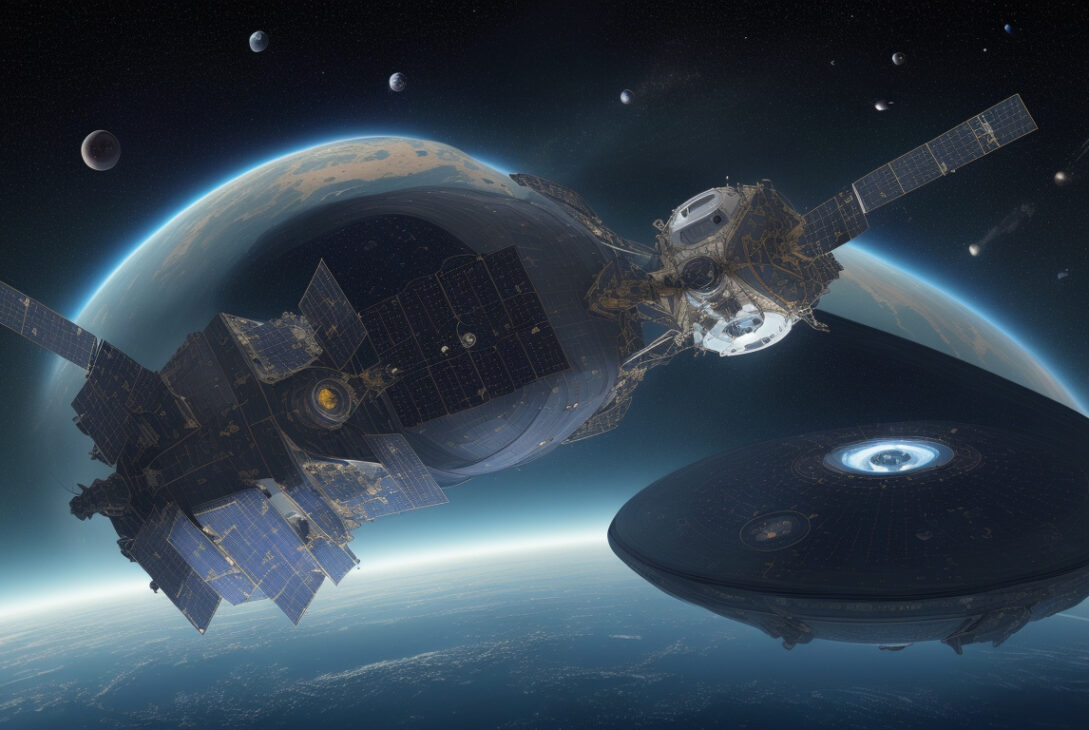Samara Aerospace to Test Innovative Pointing Technology in Orbit
By Debra Werner | October 21, 2025
San Francisco – Samara Aerospace, a cutting-edge startup in the commercial space sector, is preparing to validate its patented satellite-pointing technology in orbit. The company’s Multifunctional Structures for Attitude Control (MSAC) system is scheduled for its maiden spaceflight aboard an Impulse Space Mira orbital transfer vehicle, which will launch as part of a SpaceX Transporter rideshare mission.
What is MSAC and Why It Matters
At the core of Samara’s technology are small piezoelectric actuators embedded in the hinges of deployable solar panels, as demonstrated on their Hummingbird satellite bus concept. These actuators actively counteract vibrations and disturbances through a mechanism akin to noise cancellation, enhancing satellite stability and precision pointing.
“MSAC technology is designed to produce forces and torques that stabilize spacecraft attitude actively,” explained Vedant Kaushik, Samara Aerospace’s co-founder and chief technology officer. “We have already demonstrated on the ground that MSAC components survive the rigors of launch and operate effectively under space conditions.”
First All-Up Flight Test: The Cicada Payload
The upcoming mission will carry Samara’s Cicada experimental payload on the Mira vehicle, providing the first comprehensive in-orbit validation of the MSAC system under real launch and space environmental conditions—including vacuum and temperature fluctuations.
“This flight test is the final crucial step to prove to potential customers that our technology performs as reliably as, or better than, existing solutions,” said company co-founder and CEO Patrick Haddox.
Developing the Hummingbird Satellite Bus
While preparing for the Cicada flight, Samara Aerospace is simultaneously advancing the development of Hummingbird, a small satellite platform that integrates MSAC technology to offer enhanced pointing stability and sensing capabilities. This development is supported by a $2 million Tactical Funding Increase (TACFI) awarded by U.S. Space Force Space Systems Command and the Air Force Research Laboratory in June, which matches the $2 million Samara raised earlier this year during a pre-seed funding round.
“The Hummingbird bus leverages MSAC to push the boundaries of stability for next-generation sensing missions,” Haddox said. “The TACFI award accelerates our progress to demonstrate all core subsystems—including avionics, mechanics, and control systems—in low Earth orbit.”
Under the agreement, Samara will assemble the Hummingbird platform and prepare it for a planned launch technology demonstration by 2027. ### Rapid Development and Customer Engagement
Highlighting its agile engineering approach, a team of seven Samara employees built the Cicada payload in just four months. “This pace is driving significant interest from potential customers and partners,” Kaushik noted.
The company is currently seeking additional payload partners to accompany Hummingbird on its future 100-kilogram technology demonstrator mission. “We are open to hosting other payloads, with an eye toward sharing risk and advancing technology,” Kaushik added.
Looking Ahead
Samara Aerospace’s innovative MSAC technology could transform satellite pointing technology by combining active vibration control with compact, multifunctional structures. With the forthcoming in-orbit demonstration, the company aims to establish flight heritage that will instill confidence among commercial and government customers alike.
For more detailed information on this development and other news in the aerospace industry, subscribe to SpaceNews, the leading source covering the business and politics of space.
Debra Werner is a correspondent for SpaceNews based in San Francisco, specializing in commercial space and startup innovation.










